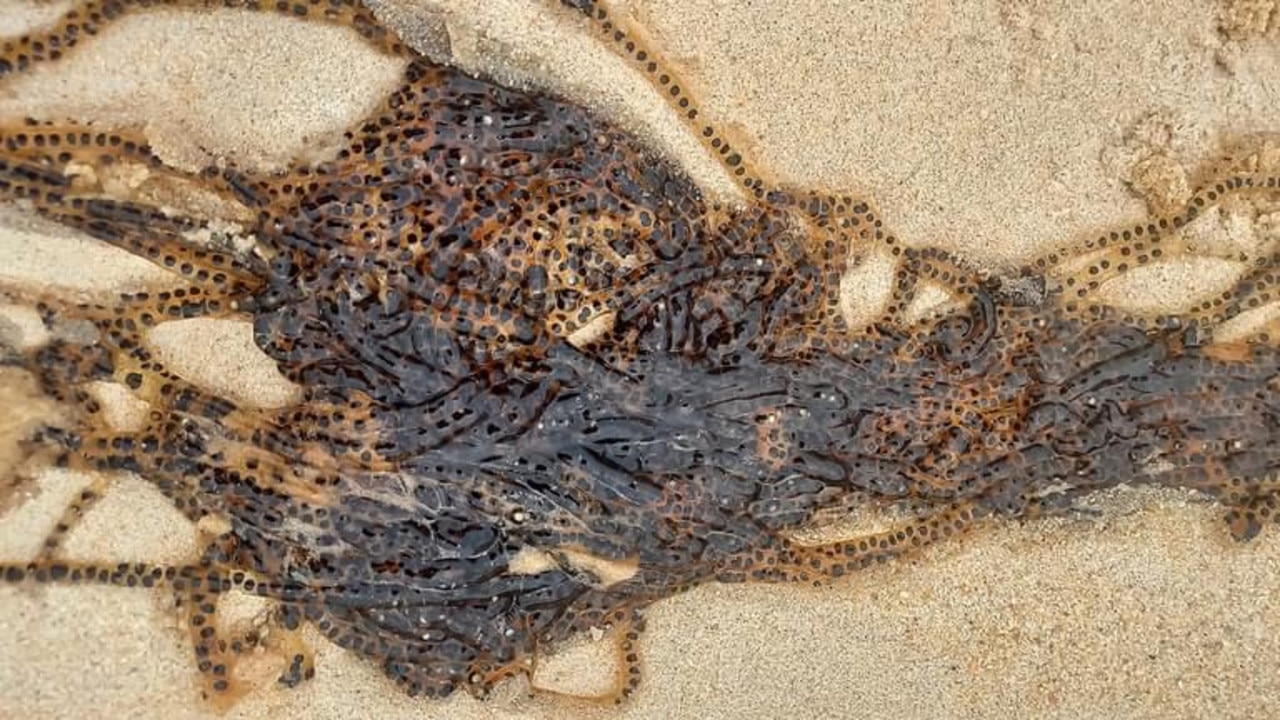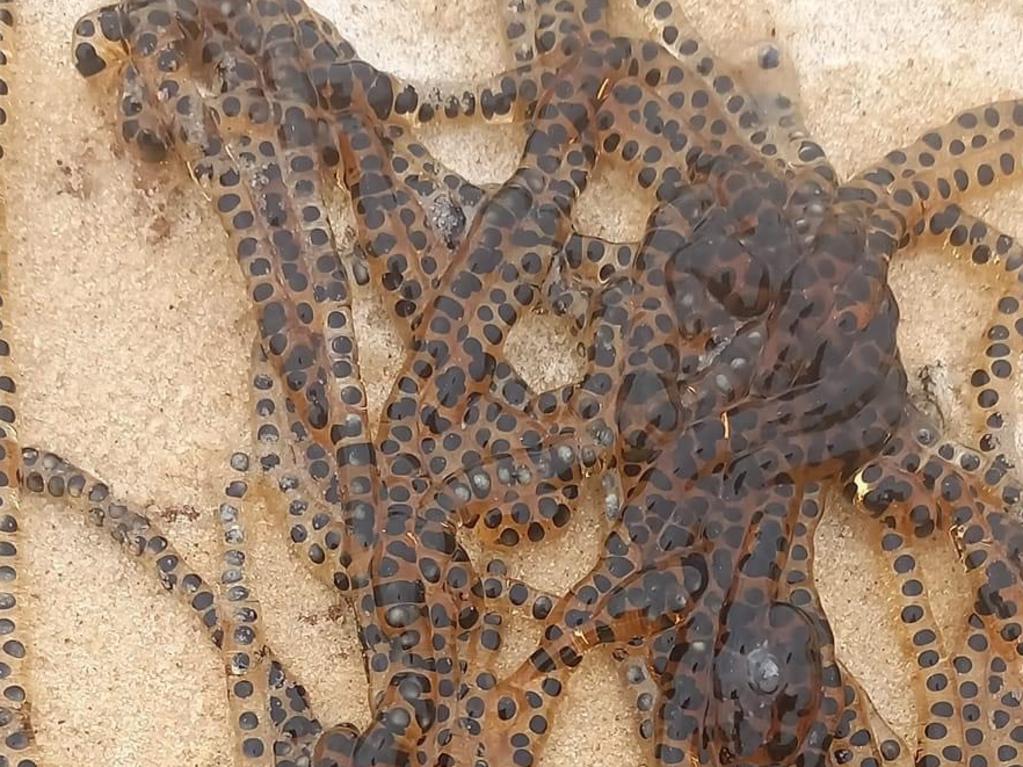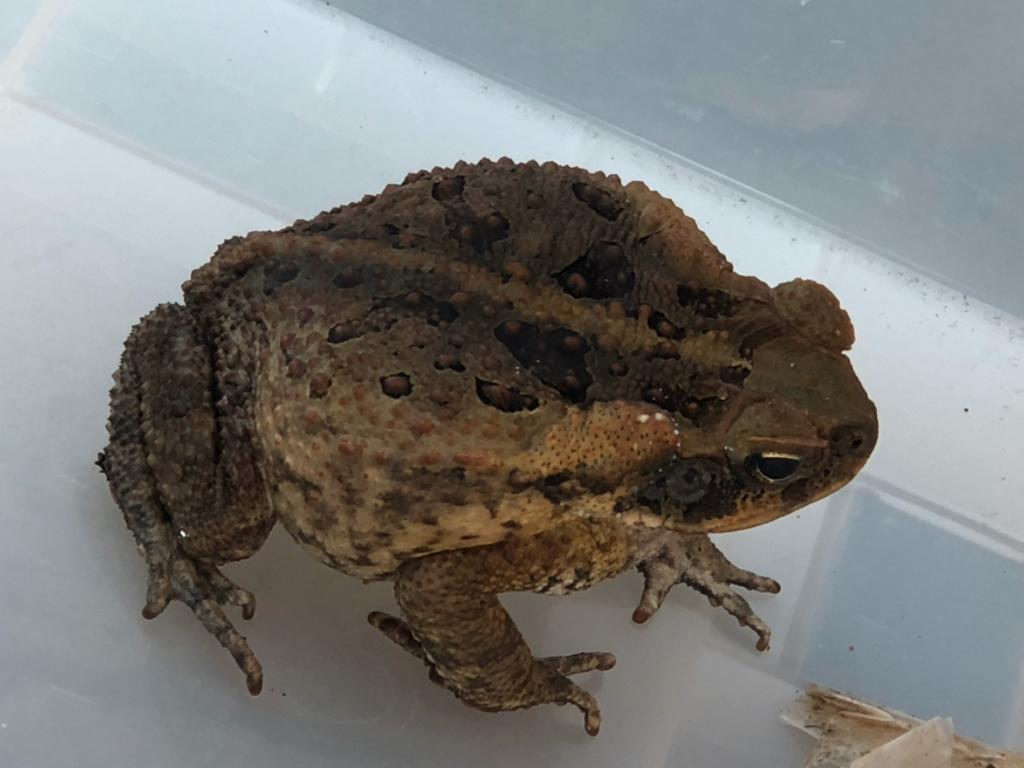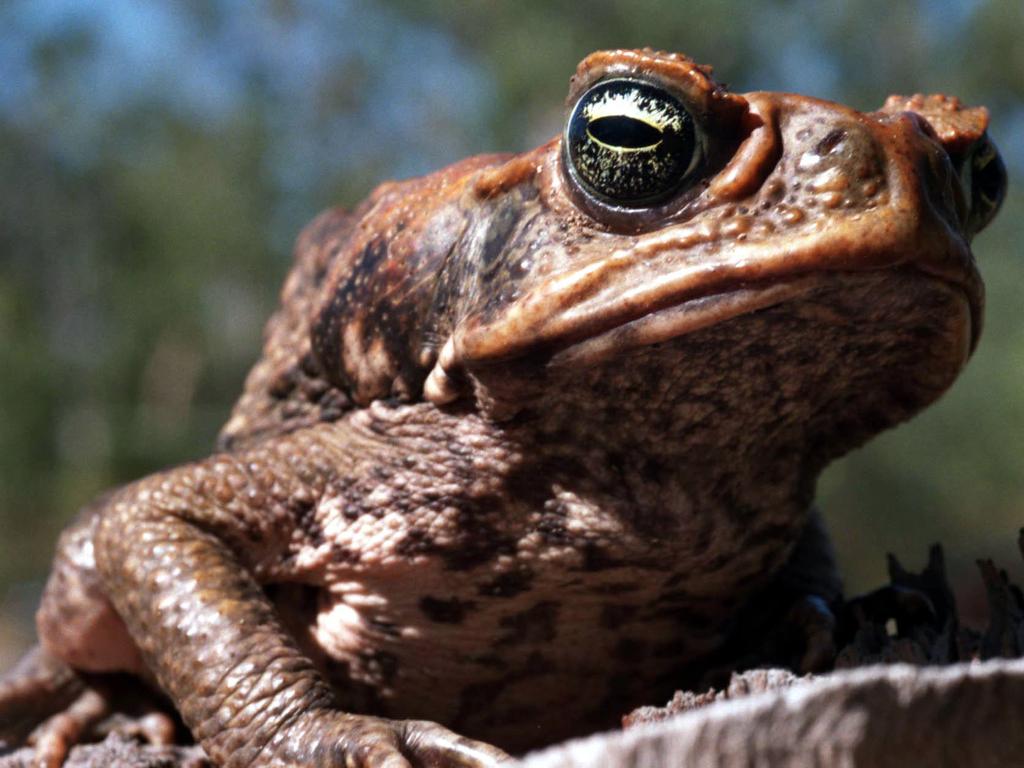Little evidence that euthanising cane toads will reduce population as thousands of eggs are found on Castaways Beach
A concerned resident has urged beachgoers to help, as experts say action is unlikely to “make a big dent” on the issue.

A beachgoer has made a grim discovery on a Queensland beach.
Thousands of cane toad eggs have been found on Castaways Beach near Noosa Heads, with a concerned resident posting photos to a community noticeboard.
“If you go for a walk along our creeks, and you see these egg filled strands, do our wildlife a favour and pull them out of the water to dry and die off in the sun,” the resident wrote.
“I pulled these out at Castaways Beach this morning, about a few thousands eggs that now won’t develop into cane toads.”


However, University of New South Wales frog biologist Dr Jodi Rowley said that while the toads are harmful to wildlife, there’s “very little evidence” to suggest that euthanising cane toads causes a reduction in population.
“The issue is that they can have tens of thousands of eggs at any one time, and so you get rid of an adult but there’s a whole lot of others behind it,” she said.
Cane toads were initially introduced to Queensland in an attempt to control destructive beetles and have since become a pest.
With poison glands, cane toads are toxic to Australian wildlife, which still haven’t adapted to the pests.

While Dr Rowley said many animals have suffered “massive declines” in population as a result, she said members of the public should only raise the alarm bell if they find cane toads outside of areas they’re known to.
“In general, you’re really unlikely to make a big dent and unfortunately, we’ve been silly enough to introduce them,” she said.
“The caveat here is if you find a cane toad outside of the area where they’ve established populations. If I was to find one in Sydney, then you would raise massive alarm bells.”
More Coverage
Another issue with members of the public taking the fate of cane toads into their own hands is that people often can’t tell the difference between cane toads and other native species, Dr Rowley said.
“It can be really tricky … Unfortunately I do get a lot of photos of people who have killed native frogs thinking that they’re doing a good service and killing a cane toad,” she said.
However, there are guidelines for euthanising cane toads available online to ensure they’re dealt with as humanely as possible.





